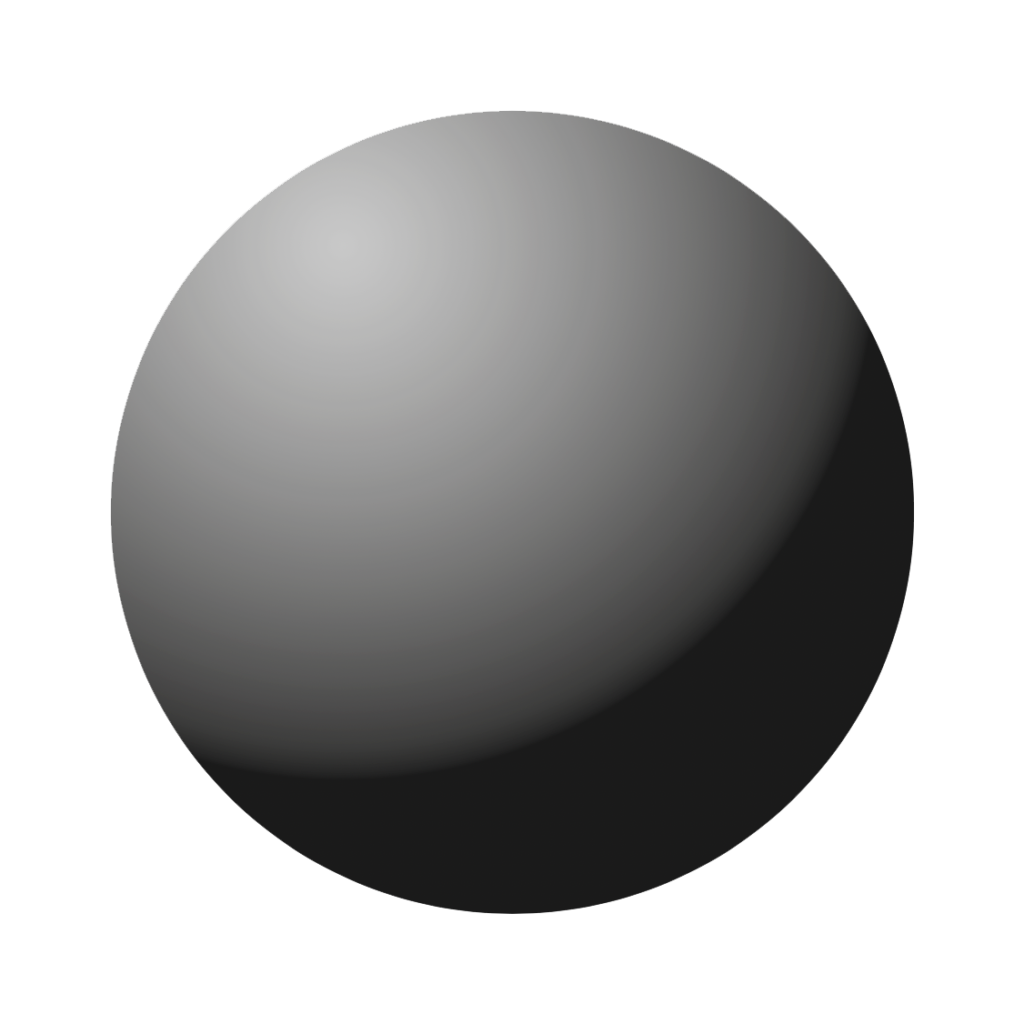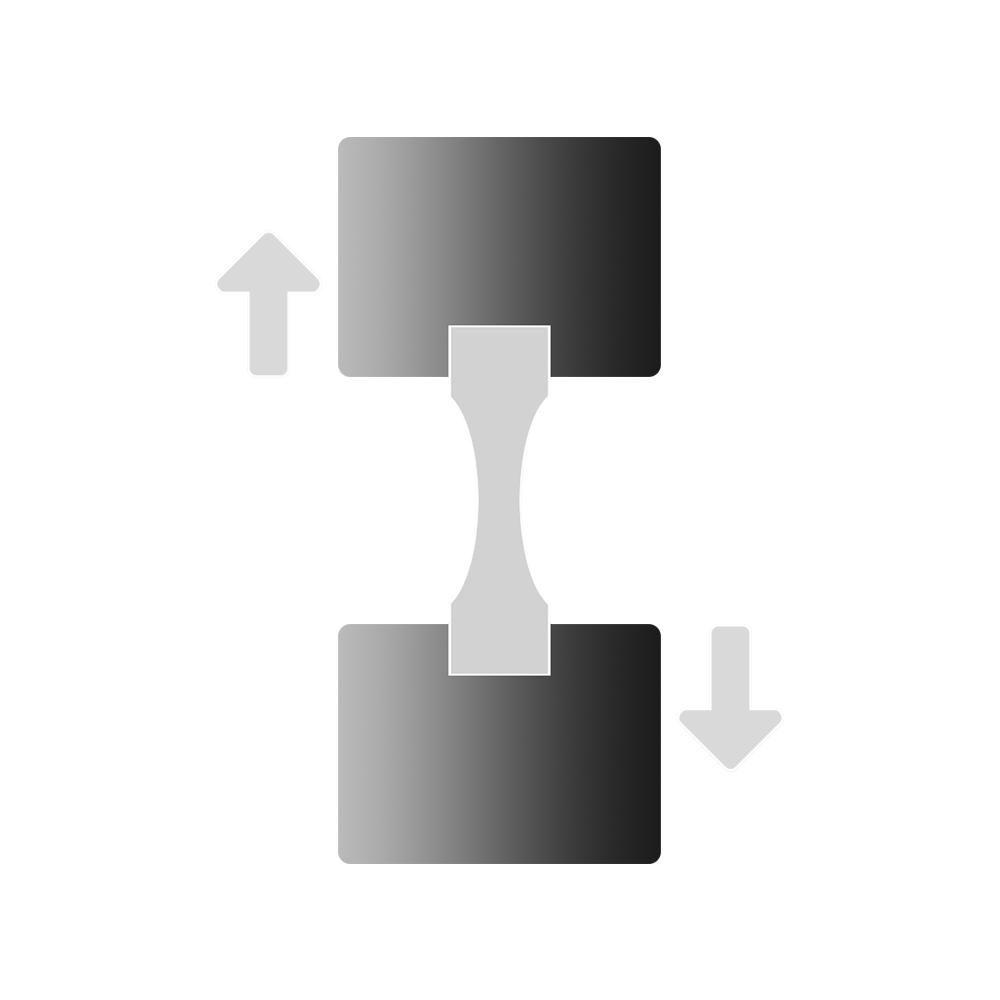HARDNESS TESTERS AND MEASURING SYSTEMS
AFFRI TESTING INSTRUMENT
Global Provider of Rockwell, Brinell, Vickers, and Universal Hardness Testing Solutions
AFFRI TESTING INSTRUMENTS (ATI) provides a complete range of hardness testers and measuring systems designed for laboratories and industrial applications worldwide. Rockwell, Brinell, Vickers, Knoop, Shore, and Universal hardness testing methods, all conforming to the latest ASTM and ISO standards.
From portable hardness testers to fully automatic universal machines, discover the most advanced equipment for metals, plastics, coatings, and special materials. Choose the reliability trusted by leading industries in automotive, aerospace, energy, and metallurgy. Metallographic Preparation and Microscopic Image Analysis








